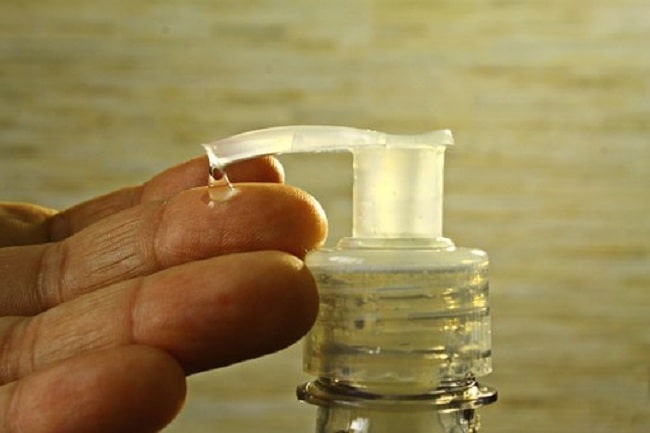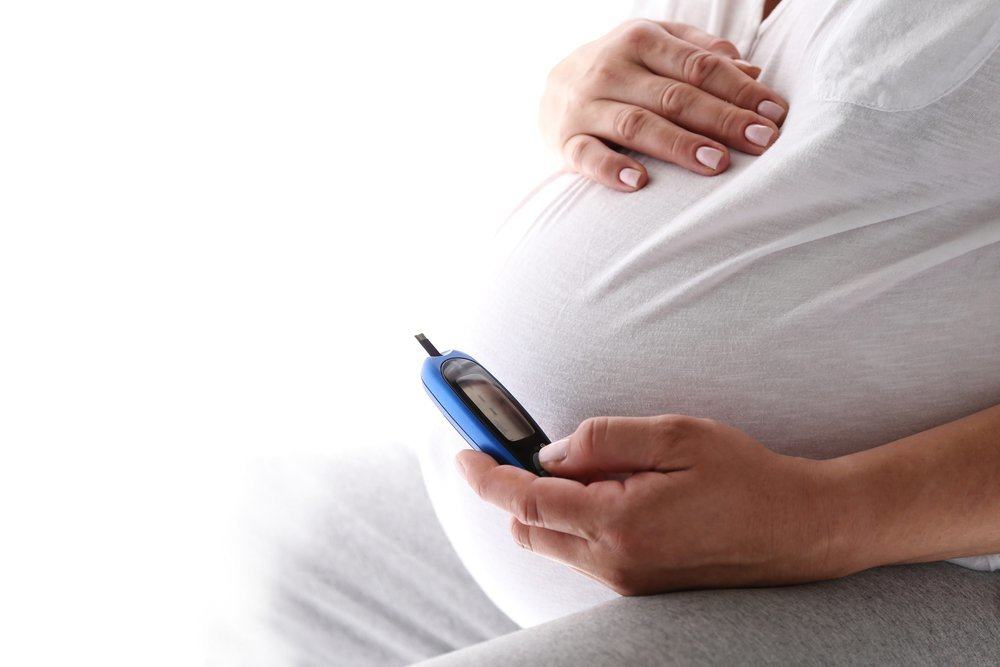Contents:
- Medical Video: Smell of Attraction - Science of Attraction
- Cleanliness begins with the appearance of disgust
- Research shows that men are more dirty than women
- Why do women tend to be cleaner than men?
- Gender is not a benchmark of personal and environmental hygiene
Medical Video: Smell of Attraction - Science of Attraction
Disgust tends to arise when avoiding something dirty (dirty) or causing illness in the surrounding environment. For example, if you see a rubbish mound, you will definitely try to close your nose or take your eyes off; as far as possible you will avoid this. However, you might notice that in society, women are more identical to things that are clean while men are actually known as a more sordid figure. Are women cleaner? Check out the answer here.
Cleanliness begins with the appearance of disgust
Disgust is part of human psychology to protect from something that is disturbing, causes illness, and something that is not liked. This feeling arises when it comes to something dirty, like vomiting, dirt, rotten food, and much more.
This feeling of disgust is a determinant and guide to someone's hygiene behavior. In essence, the easier you feel disgusted, of course you will be more diligent in maintaining personal hygiene and the environment.
Research shows that men are more dirty than women
Reporting from Medical Daily, an experiment conducted by Dr. Chris van Tulleken revealed that 99 percent of women wash their hands after using a toilet while men only 77 percent. Then, an article published on Washingtonian reported that 90 offices in the United States found that men had more bacteria on their desks, computers, and chairs than women. Researchers concluded that men carry 10 percent more bacteria. This possibility is because they are less likely to wash their hands and brush their teeth than women.
Dr. Chris also concluded that the bacteria in the male armpit was more than women so that their bodies became more smelly if they were sweating. However, a study at the University of Arizona concluded that in women's toilets, twice as easily found germs. This happens because women usually take children into their bathrooms and women clean themselves more in the bathroom so that more germs left there.
Why do women tend to be cleaner than men?
Reporting from Psychology Today, there are several reasons why women are cleaner than men. First, many women tend not to work in dirty places, for example working in sewage treatment or workshops. Some women are reluctant to be contaminated with dirt, insects, or do work that is more susceptible to causing injuries to their bodies than some men.
Women also find it easier to feel nauseous about something they don't like, for example during pregnancy. Nausea during pregnancy is one of the symptoms morning sickness as a way to protect yourself and the fetus from pathogens (germs).
Then, after becoming a mother, women will usually pay more attention to the cleanliness of children than the father. The mother is in charge of preparing food, which can be a medium for transferring pathogens from mother to child. In addition, mothers also have more time to interact with children than the father. This is why women end up paying more attention to personal hygiene and also the environment than men who get more dirty marks.
Not to mention the community emphasizes the importance of cleanliness to women, even when they were children. This actually has nothing to do with the biology or physiology of a woman's body. But rather to social norms. In fact, physiologically, of course cleanliness is equally important for men and women.
Gender is not a benchmark of personal and environmental hygiene
Apart from women and men, the sensitivity of disgust to everyone is different. The higher the feeling of disgust, the more likely it is that the environment around you will be cleaner. If you are aware of the importance of health, you will maintain your personal hygiene and the surrounding environment to avoid various diseases.
The above studies are of course limited and can only describe a part of the community. In the end, who questions who is more dirty can only be answered by each of you. Have you maintained your personal and environmental hygiene properly?












